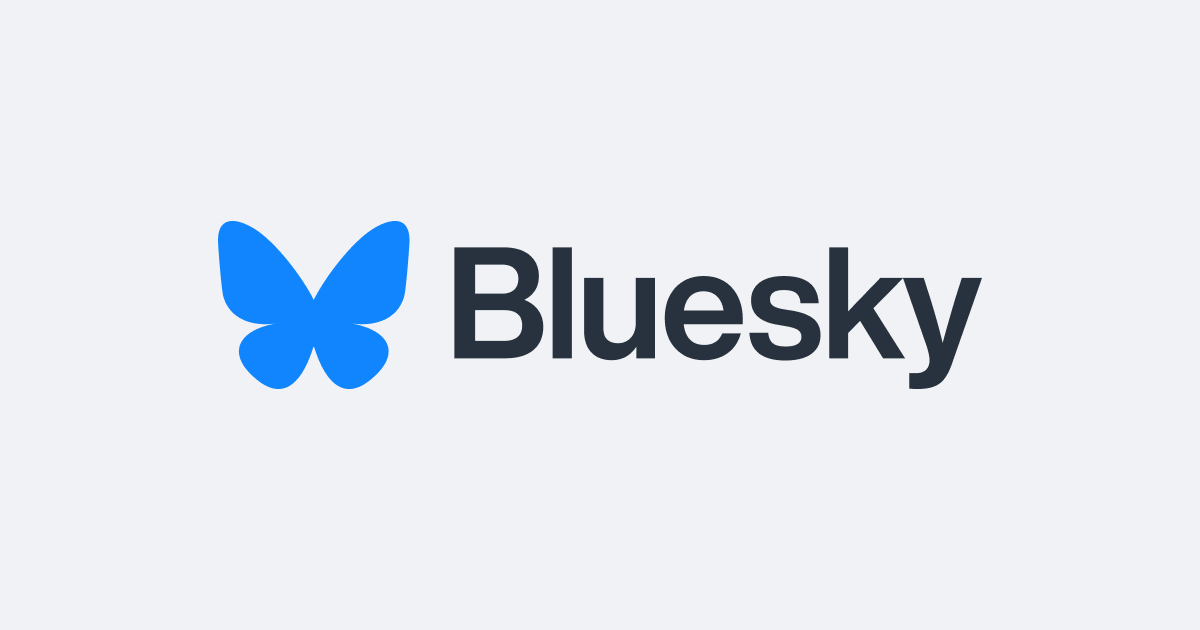

Personally I dislike anything with -verse involved because big companies have run it into the ground and then some.
The boring, dry ways of describing them work best in my opinion.
Federated forums is the driest, most technical and to the point but not very telling.
Swap out forum for link aggregator and you have similar, arguably even more technical (certainly more of a mouthful).
Connected/linked forums might be more approachable, more readily conveying how these are separate forums but networked together.
Cross-forums may work as well to the same end, but not sure how immediately understandable cross may be in this context and outside of gaming spaces.
Whatever the case I kind of think this has things backwards. What’s more important than describing and talking about the backend tech is pointing people to any of the sites built with them that have anything of interest to them to bother with. I can’t think of anything online I’ve ever gone to or used because someone told me it was using Apache, Nginx, phpBB, or like an Open Source Web Server or using such and such CDN.
The reason why is simple: next to nobody talks like that. The only people that might are deep in web dev.




In a better world, this (or one of its forks) would have taken off instead of Mastodon. It makes a way better case for itself by its distinct features compared to Mastodon, which is too easy to ignore (by everyday people) as Nerd-Twitter.